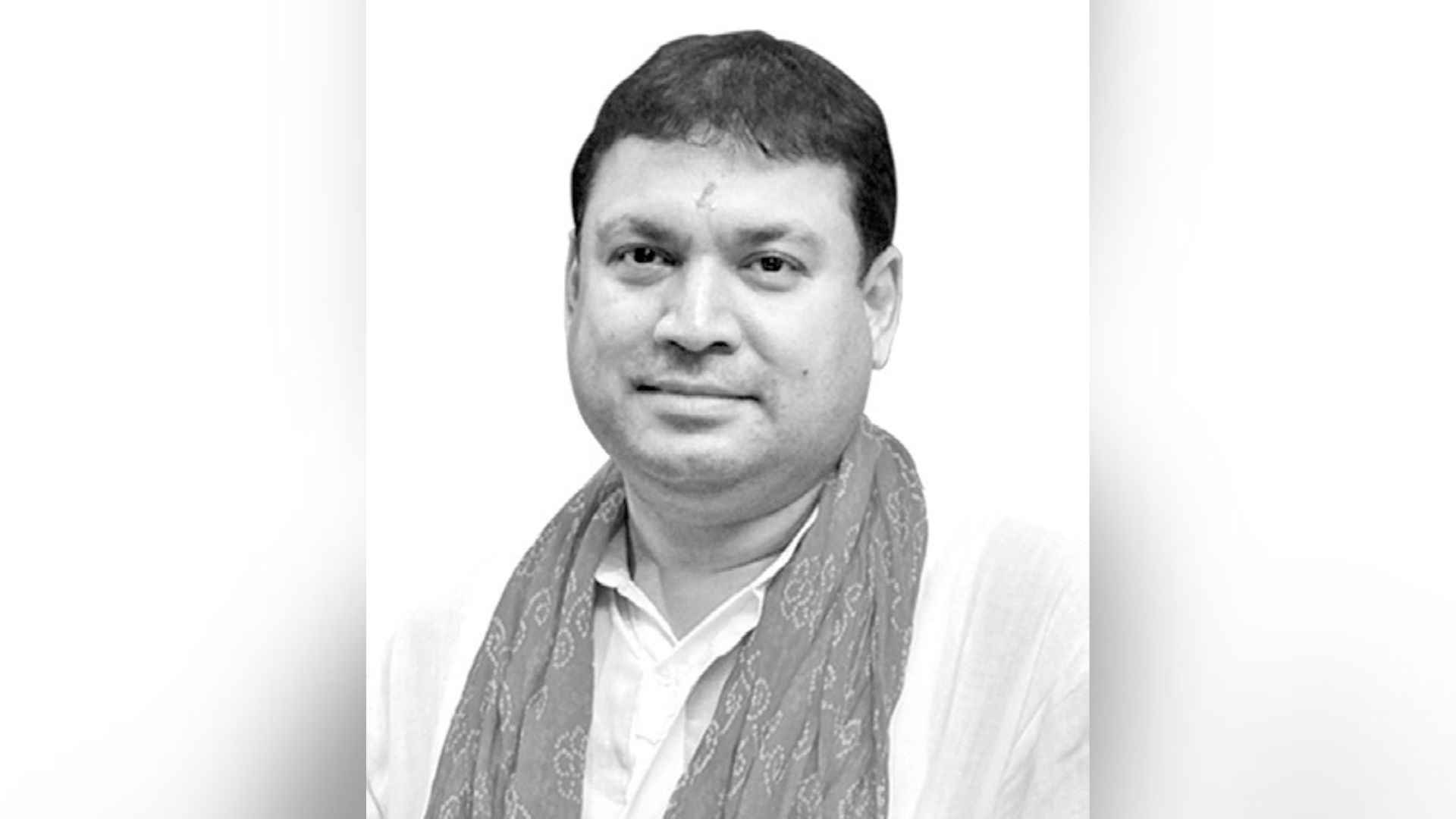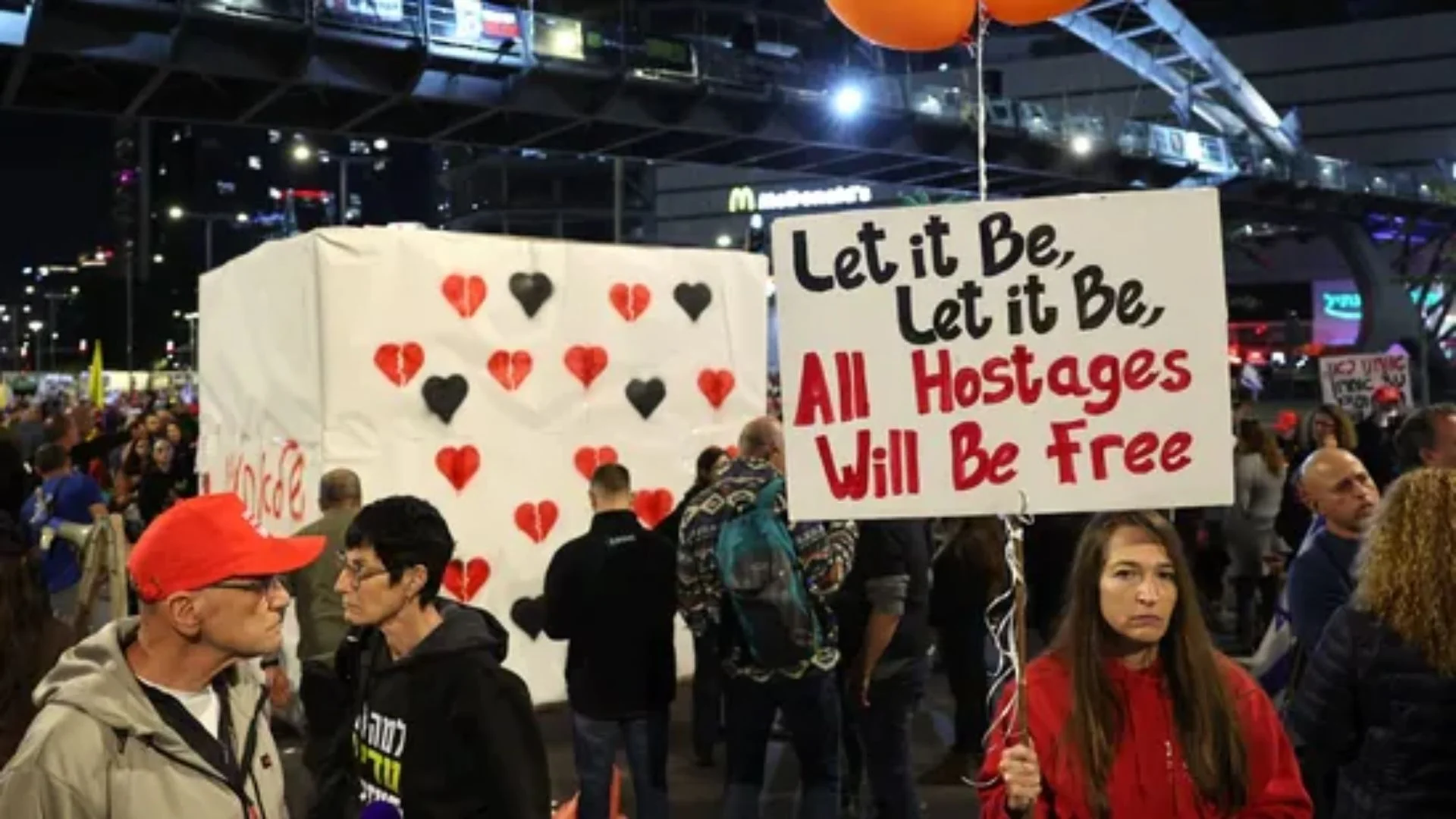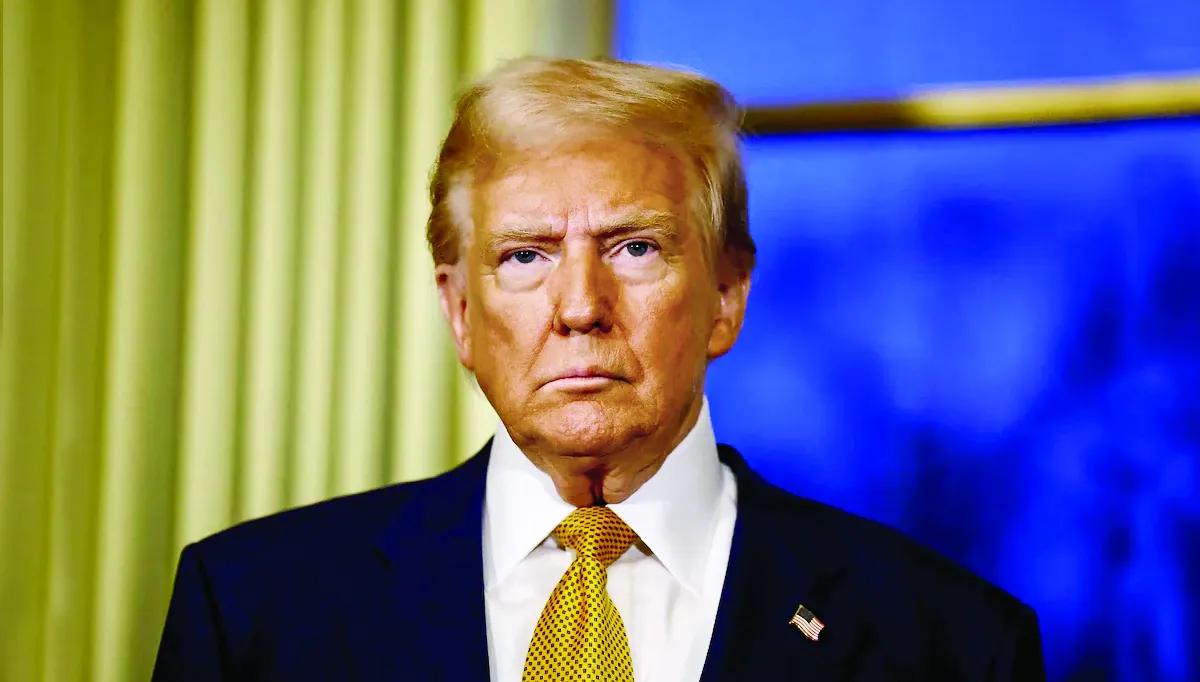When you hear the words Nobel Prize, you are likely to think of Sweden. And yet, every year, the Nobel Peace Prize is awarded not in Stockholm, but in Oslo, Norway.
Here’s why.
The Nobel Prizes, including the Peace Prize, were established by the will Alfred Nobel drafted in 1895, about a year before his death. The Swedish inventor, engineer and industrialist instructed that the bulk of his fortune be set aside as a fund for the awarding of five annual prizes “to those who, during the preceding year, shall have conferred the greatest benefit on mankind”. The Nobel Foundation was then established in Stockholm to manage the finances and administration of the prizes. At the time, however, Norway was in a union with Sweden and Nobel’s will specified that the Peace Prize should be awarded by a committee selected by the Norwegian Nobel Institute. The Norwegian Nobel Committee was thus established to fulfil Nobel’s wishes regarding the Peace Prize after his death in 1896. The other Nobel prizes (in physics, chemistry, physiology or medicine, and literature, along with the prize in economics, later instituted in 1968) continue to be awarded in Sweden.
I have always been fascinated by what the Nobel Peace Prize stands for. It is an exercise in finding change makers, rewarding their effort to bring about peace in their given historical, cultural or geographical context. That’s why I was so excited to receive an invitation to attend the ceremony in Oslo in 2019.
I embarked on a whirlwind journey from Kolkata to Oslo, where I was fortunate to secure accommodation at the historic Grand Hotel, known for its association with the Nobel Prize since 1901. Situated in the heart of Oslo on Karl Johans gate, the hotel boasts a rich history, once frequented by luminaries like playwright Henrik Ibsen and painter Edvard Munch.
My stay provided me with a firsthand experience of the festivities surrounding the Nobel Peace Prize. That year’s laureate was Ethiopian Prime Minister Abiy Ahmed Ali, lauded for his efforts in peace and international cooperation, particularly for resolving the border conflict with Eritrea. He was staying in the Nobel Suite, as is the custom.
The ceremony itself takes place at City Hall, and as I arrived there for the ceremony, I felt the gravity of the occasion, knowing it’s a rare privilege even for family members of past laureates to attend. Amidst attendees, dignitaries and media, I sensed the honor of being part of such a significant event. It was a crisp ceremony, with Berit Reiss-Andersen, the chair of the Norwegian Nobel Committee, delivering an address about why Ahmed Ali had been chosen for the prize.
I’ve watched with some interest as the laureate has in recent years come under scrutiny for his role in increased violence in the region. The Nobel Committee too has spoken out about the issue. It is a complex matter, choosing recipients who are still politically active and are subject to change.
But that isn’t all I did during my stay. In addition to attending this august event, I initiated talks to launch activities for the Prabha Khaitan Foundation (PKF) in Norway. Established in Kolkata in the early 1980s by my late mother Dr Prabha Khaitan, the PKF is committed to socio-cultural welfare and humanitarian causes, emphasising literature, education, women’s empowerment, and gender equality. Following UNESCO’s belief in the role of cultural activities in sustainable development, the Foundation regularly collaborates with various stakeholders to implement welfare projects. Expanding its reach to Norway seemed natural, given the vibrant Indian community there. Since then, the PKF’s activities in Oslo have flourished, beginning with sessions featuring prominent figures such as Manoj Muntashir, Vikram Sampath and Anuja Chauhan, followed by in-person events like Deepak Ramola’s session on Project FUEL and a performance by Kathak dancer Shinjini Kulkarni, in collaboration with the Vishva Hindu Parishad in Norway in December 2023. This partnership with Norway’s culturally engaged Indian diaspora has proven to be mutually rewarding for the Foundation.
I also had the great fortune to meet the Gulati family, with whom I have been associated for decades now. Ravi Gulati emigrated to Norway years ago and now his son, Himanshu, is the youngest member of Norway’s Storting and the sole Indian-origin representative. He grew up in Norway, displaying an early interest in politics by joining the youth wing of the right-wing Progress Party. Rising through the ranks, he became the youngest state secretary in the Norwegian cabinet at the age of 25. Despite studying medicine initially, he later pursued economics and leadership, even delving into filmmaking with his feature film Desert Tears, showcasing his artistic talents. Alongside his political career, Himanshu’s passion for travel has taken him to over 160 countries, where he educates himself about diverse cultures and aids Norwegians stranded abroad.
Apart from the Indian diaspora, I also could meet my old associates from my association with WFUNA (World Federation of United Nations Associations). UNA Norway, a non-governmental organisation, convened a lunch event where I engaged with members to discuss their dedication to promoting the principles of the United Nations within Norway. Their focus lies in raising awareness about the Sustainable Development Goals (SDGs) and advocating for international cooperation on issues like poverty, inequality, climate change and human rights. Through educational initiatives targeting schools, universities, and media outreach, UNA Norway strives to foster a better understanding of global challenges and the UN’s role in addressing them.
Finally, before I ended my brief but impactful trip, I experienced a moment of unexpected delight. As I made my way from my room to the lobby, the elevator stopped, and to my surprise, the Nobel Peace Prize recipient himself, Abiy Ahmed Ali, stepped in alongside two others. Before I could fully register the moment, he greeted me with a warm smile and a simple yet meaningful word: “India.” It was a chance encounter I never expected. When we reached the ground floor, the doors opened to reveal a crowd eagerly waiting to capture a moment with the Nobel laureate. Despite the clamour, he graciously obliged me, taking the time to snap a selfie together, a gesture that encapsulated the warmth and hospitality I had experienced throughout my time in Norway.
As chronicled in the recently published book, ‘Norway Diary’

















